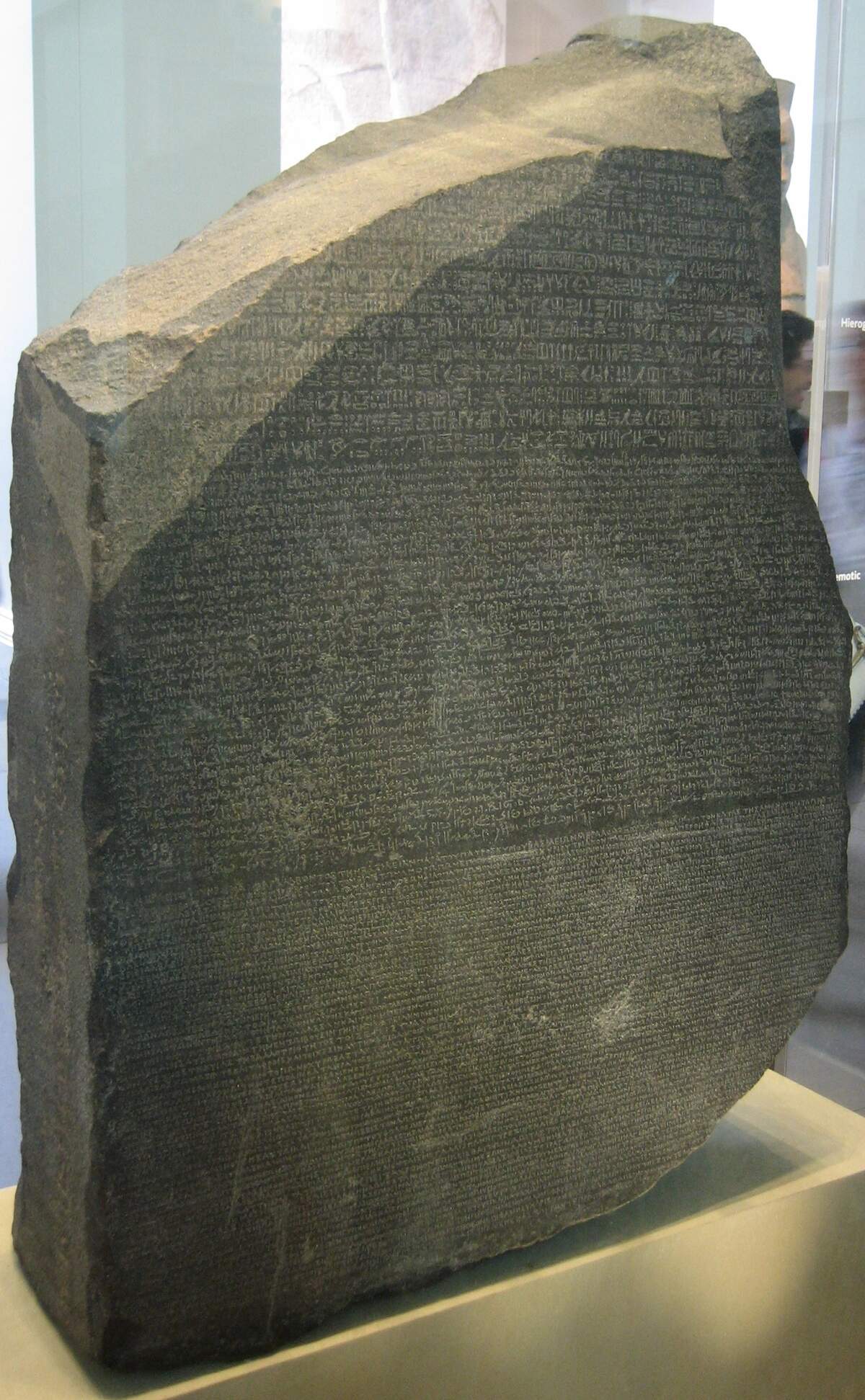

Chinese Language Day
Observed
on November 12th (2010)
annually on April 20th (since 2011)
Dates
Founded by
Hashtags
Sources
https://en.wikipedia.org/wiki/UN_Chinese_Language_Day
https://news.un.org/en/story/2010/02/329922-un-launches-new-initiative-promote-multilingualism
https://news.un.org/en/story/2011/04/372852-un-celebrates-chinese-language-day-art-and-exhibitions
https://www.un.org/zh/events/chineselanguageday/english.shtml
Chinese is one of the six official languages of the United Nations. In February 2010, the UN created six language days "to celebrate multilingualism and cultural diversity as well as to promote equal use of all six official languages throughout the Organization." The days were also created "to increase awareness and respect for the history, culture and achievements of each of the six working languages among the UN community." The creation of the days was part of the 2010 International Mother Language Day. Besides Chinese, there are days that honor the Russian, English, Arabic, French, and Spanish languages. Events are held at the UN Headquarters each year. Common events have included a grand opening ceremony, film screenings, lectures, panel discussions, workshops for writing Chinese calligraphy, a martial arts demonstration, and performances of traditional music and folk dancing.
After being celebrated on November 12 during its first year, Chinese Language Day began being celebrated on April 20 in 2011. In the traditional East Asian calendar, a year is divided into twenty-four solar terms. The sixth solar term is Guyu, which begins around April 20 in the Gregorian calendar. Guyu, which is translated to "Rain of Millet," celebrates Cangjie. According to legend, Cangjie was the inventor of Chinese characters, and ghosts and deities rained millet from the sky when he invented them. The connection of the date to Chinese characters is why it was chosen for the holiday.
Chinese is one of the world's oldest languages, with archaeological records dating back over 4,000 years. Over a billion people speak it. There are a few thousand dialects, but Mandarin is the most prevalent, with over 95% of the Chinese population being able to understand it. Chinese became an official language of the United Nations in 1946, but it was not commonly used by the UN at the time. This began to change after 1971, with the restoration of the lawful rights of the People's Republic of China. Following this, the General Assembly included the language as a working language in 1973, and the Security Council did so the following year.
How to Observe Chinese Language Day
Events can be attended at the UN Headquarters in New York City on the day. Check the day's official website for more information on this year's events. You could also hold similar events in your own community, or see if any such events are taking place. Another great way to celebrate the day may be to learn the Chinese language. You could learn one of many dialects, of which Mandarin is the most common.





















